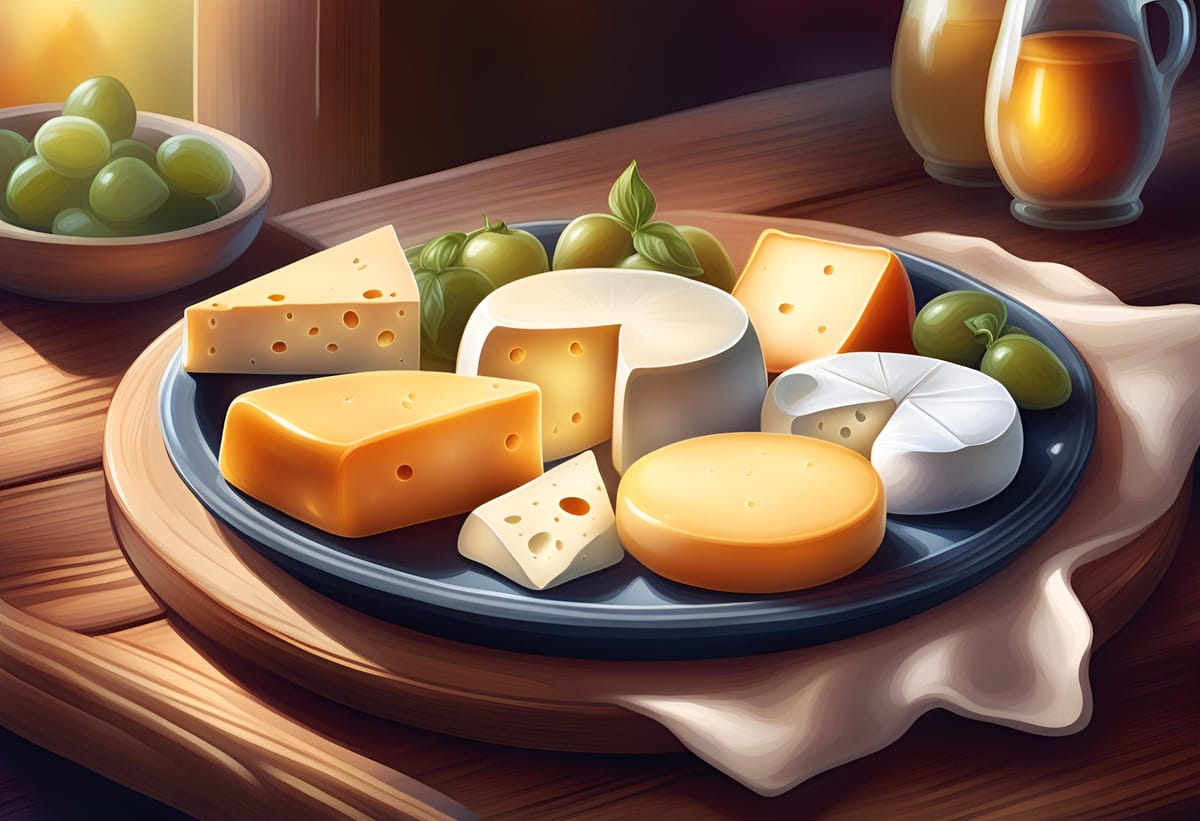How to Choose the Healthiest Cheese

Cheese can be part of a healthy diet if you follow certain guidelines. First, pay attention to color: “White cheeses are generally better choices,” advises nutritionist Mariana Perez Trejo Soltwedel. She recommends varieties like Oaxaca, cottage, feta, ricotta, and mozzarella, which typically contain more protein and less fat than yellow cheeses, such as cheddar, which tend to have more fat and less protein.
Read The Labels!
Soltwedel also cautions against “light” or “reduced-fat” cheese products. “While they may have fewer calories, they often contain additives, gums, or thickeners to maintain texture, turning the cheese into a processed product,” she explains. She encourages patients to read ingredient labels, noting that an ideal cheese should have no more than five ingredients: pasteurized milk, salt, rennet, calcium chloride (for rennet), and lactic cultures.
Fat and Protein Content
According to Soltwedel, a high-protein cheese contains at least 15 grams of protein per 100 grams. For example, cottage cheese and mozzarella often meet this threshold, making them excellent choices for individuals aiming to boost protein intake.
The fat content should ideally not exceed 20 grams of fat per 100 grams. Cheeses with higher fat levels may be less healthy options, especially for individuals monitoring calorie or fat intake.
Source: Vogue Wellness, November 11, 2024.
Also Remember: Portion Control Matters
Keep servings modest, such as 1–2 ounces (28–56 grams), depending on dietary goals. Also, pair cheese with nutrient-dense foods like vegetables, whole-grain crackers, or lean protein to create a balanced snack or meal.
At the end, when consumed mindfully, cheese can be a healthy food by providing a concentrated source of calcium (vital for bone health and muscle function), delivering essential vitamins like B12 (which supports nerve health and energy production) and offering conjugated linoleic acid (a fat that may support heart health).
Some examples
Nutritional values per 1 ounce:
- Mozzarella: 6 g protein, 5 g fat, ~85 calories.
- Feta: 4 g protein, 6 g fat, ~75 calories.
- Cottage Cheese: 14 g protein, 2 g fat, ~100 calories (per half cup).
- Ricotta: 3 g protein, 2 g fat, ~50 calories (per 2 tablespoons). Note: It is slightly lower in protein compared to other cheeses but still contributes to a balanced diet.



Comments ()